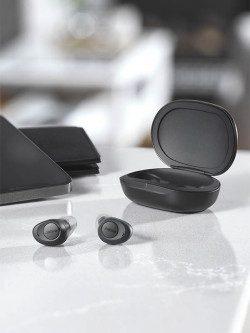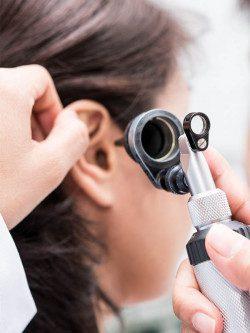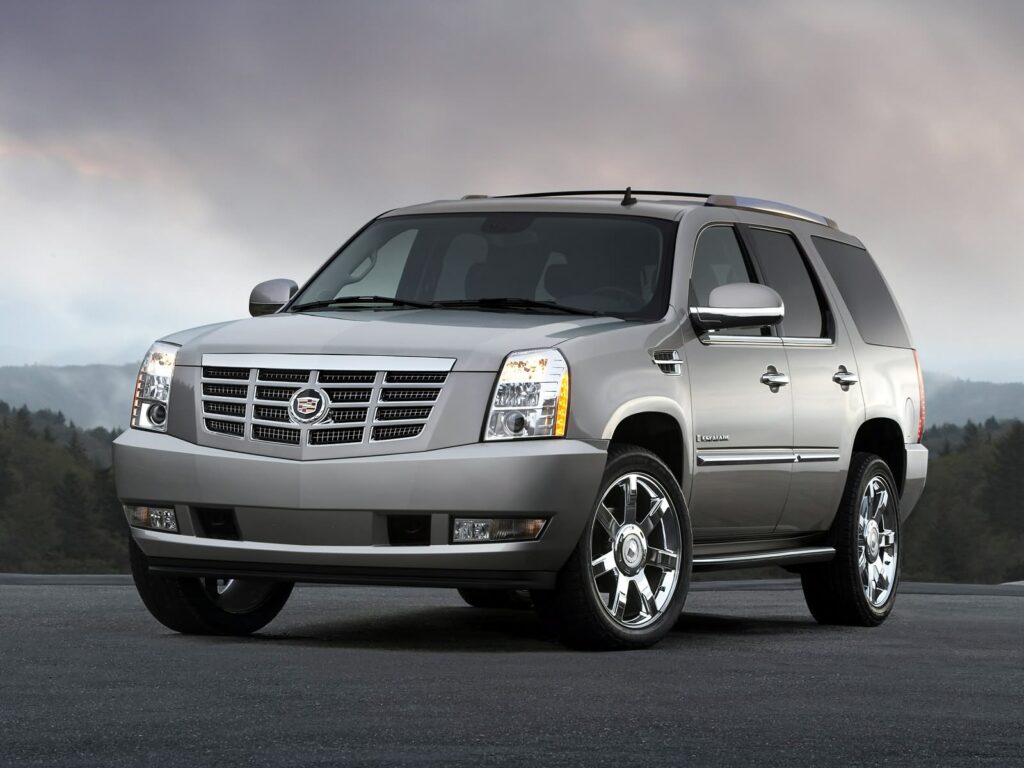Over the counter hearing aids have been in the news lately with bi-partisan Over the Counter Hearing Aid act getting signed in to law. The new law directs the Food and Drug Administration (FDA) to regulate the sale of hearing devices that can be sold off the shelf without the assistance of an audiologist. The goal of the legislation is to make hearing aids more accessible as more than 50 million people in the US have hearing loss, yet 80% goes untreated.

WHAT IS AN OVER THE COUNTER HEARING AID?
First off, OTC hearing devices have been available for many years, they are known as Personal Sound Amplification Products or PSAPs. Perhaps you’ve seen ads on late night TV or offers for low priced “hearing devices” available online. These devices are currently not regulated nor can they be called a hearing aid. Prices are very low, ranging from $15 -$300 or more a piece. They are amplifiers that simply make all sounds louder, where a hearing aid can be programmed by a professional (like us) to meet the unique hearing loss of the patient. If you have a high frequency hearing loss (like the pitch of a woman or child’s voice) it makes no sense to make the lower frequencies louder too. It will only make it more difficult to hear what a person is trying to say, especially if other noise is present.

Who are they Meant For?
OTC hearing aids are for people with mild to moderate hearing loss only; they have limits on how loud they can be turned up and they are not made for people with more severe hearing losses or complicated ear conditions.
How are they fit?
Many OTC hearing aids are “self-fit”, which means you can set them up through a program or smartphone app, or they have preset settings that you can choose. Traditional hearing aids are programed by an audiologist to help with your specific hearing loss and are tested to make sure they are amplifying sound in the way that is needed for your ears.
If an OTC Hearing Aid Stops Working? What Support is Available?
There is no set regulation on OTC hearing aids regarding coverage if something happens to the device or if it stops working. Plus, if you are having trouble with the device there may be limited help from the manufacturer. Traditional hearing aids come with a warranty from the manufacturer that covers not only damage but also in many cases loss replacement. Traditional hearing aids fit by an audiologist receive regular maintenance in the office to keep the hearing aids working and updates the software. Without regular in-office maintenance most hearing aids will stop working within several months.
The Cost of OTC Aids?
Cost-wise OTC hearing aids will likely be less expensive than traditional hearing aids since there are no services included and the warranty and technology is more limited. Audiologists are the healthcare providers who specialize in hearing so regardless of whether OTC or traditional hearing aids are right for you, an audiologist can help you make the best decision. We strongly recommend a baseline hearing test even if you would like to buy OTC hearing aids to ensure your ears are healthy and that OTCs are the best option for you..
WHAT IS DRIVING THE OTC LEGISLATION?
Many studies have shown that hearing aids fit without any follow up care are more likely to end up in the dresser drawer.
Ericka DeVore, Au.D
Follow the Money?
Like many people, we’re a bit skeptical about the motives of legislators. Since hearing loss is associated with aging and noise exposure, there is a huge number of potential patients as the tail end of baby boomers are now well into their fifties. Seeing this potential market, companies are looking to cash in without the enormous research and development that the leading hearing aid manufacturers have incurred. These amplifier companies have helped to gain credibility by getting their devices “regulated” by the FDA.
Whether or not this legislation will improve the lives of millions of Americans is to be seen as the devil will be in the details that the FDA creates. Many studies have shown that hearing aids fit without follow up care will result in more hearing aids in the dresser drawer. A study done in Britain (where hearing aids are no cost in their healthcare system) showed that 60% of patients who were given hearing aids without follow up care discontinued using them.

The Myth of OTC Hearing Aids?
Excerpt from the opinion column article published in The Hill.
“Here’s what the OTC bill does: It uses the power of government to re-brand existing devices that are already sold over the counter. That’s it. There’s no improved access to anything; the devices covered by this bill are already available at Wal-Mart. The Warren bill will simply empower the FDA to regulate them as medical devices, allowing some companies to use government regulation to their financial advantage. “
You Get What you Pay For
It’s valuable advice we received from our parents.
Something that has more features and higher quality will generally cost more. A Cadillac Escalade and Chevy Spark are both cars made by General Motors. The Cadillac is considerably more in price because it has more space, a more powerful engine, a high end sound system, heated and cooled seats, etc. If you are six adults traveling through 8 inches of snow, you can’t get the job done with a Chevy Spark.
Hearing aids are the same way…not all devices will get the job done. That’s where an audiologist comes in. Without first knowing the degree of hearing loss, it is difficult to get the right level of performance.


Hearing Evaluation/Testing
The first step on your journey to better hearing is a comprehensive assessment of your ears and hearing.
Hearing Aid Repair
We work with all the major hearing aid brands and can service, repair, and re-tune your existing devices.
Tinnitus Treatment
Do you have ringing in the ears? Our trained specialists can help you with answers and solutions.
